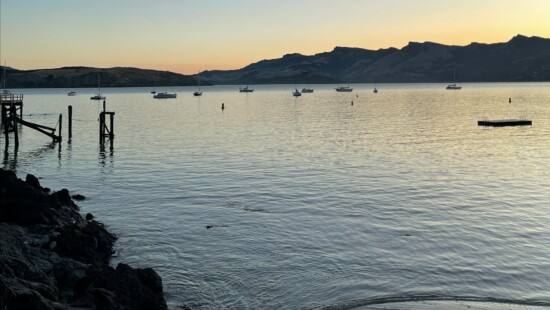Friday 17 November 2023Media release3 minutes to read
THIS IS AN ARCHIVED PAGE. The advice and information contained in this page may not be current and it should only be used for historical reference purposes.

Swimmers are being urged to stay up to date on the quality of their favourite Canterbury beaches, lakes and rivers to confirm they’re safe to swim in this Canterbury Anniversary Weekend.
“A number of sites within Lyttelton and Akaroa Harbours, including popular spots like Akaroa Main Beach, Corsair Bay, Rāpaki Bay, Sandy Bay, Diamond Harbour Beach and Purau Beach, remain unsuitable for swimming due to the long-term grade and overall bacterial risk from contact with the water at these sites,” says Dr Cheryl Brunton, Canterbury Medical Officer of Health.
When you’re heading for the water, don’t forget to visit ‘Can I Swim Here?’ section of the Land Water Aotearoa (LAWA) website at www.lawa.org.nz to view the latest information. Sites are monitored weekly by Environment Canterbury from November to March. As water quality can change, it’s best to check the LAWA website for up-to-date information so you can make informed decisions about where’s best to swim.
“It’s worth noting that no changes in long-term grades have occurred at Lyttelton Harbour this year. This means the only spots deemed suitable for swimming are Paradise Beach – which holds a good grade – and Church and Cass Bays which both remain fair.”
“Each summer season, Environment Canterbury monitors the water quality of many popular swimming sites around the region weekly and advises which waterways contain unsafe levels of bacteria or cyanobacteria (toxic algae). Exposure to these could be harmful to swimmers’ health which means temporary health warnings may also be issued by Te Whatu Ora. That’s why it’s really important to check that it is safe to swim at your favourite spot before you jump in.”
“After heavy rain, other recreational water sites are also likely to be contaminated from rural and urban run-off. As a precaution, avoid swimming in the harbour, rivers, streams, lakes or estuaries for at least 48 hours after heavy or prolonged rainfall, even at sites that usually have good water quality.”
Water contaminated by human or animal faecal matter may contain a range of disease-causing micro-organisms, such as viruses, bacteria and protozoa, which can cause gastrointestinal, respiratory, and skin infections. People should also avoid eating shellfish from the harbour after heavy rainfall.
“If people heed the warnings, we can all have a safe summer enjoying our waterways,” says Dr Cheryl Brunton.
For more information on recreational water quality in Canterbury, see https://www.ecan.govt.nz/get-involved/news-and-events/2023/the-best-spots-for-recreation-this-summer/.
ENDS
Tags Akaroa harboursLytteltonPollutionSwimmingWater quality
Related topics
Public HealthWarning
Back to Health News

